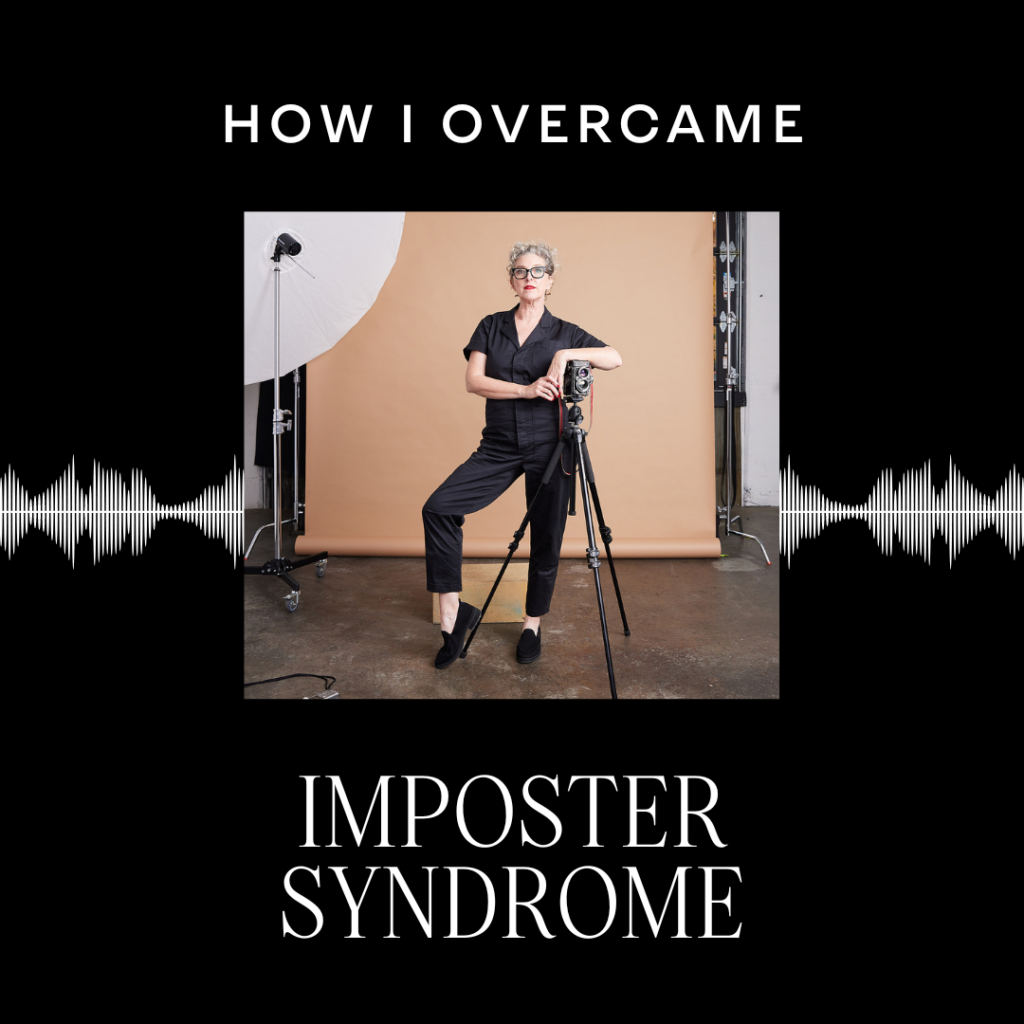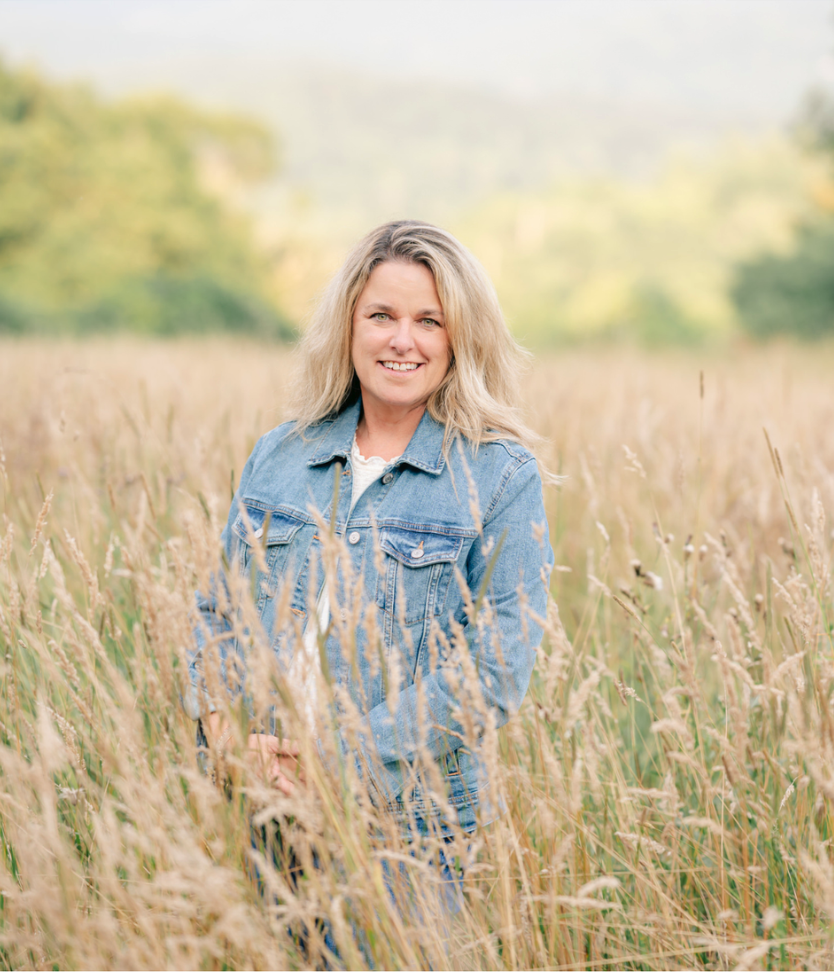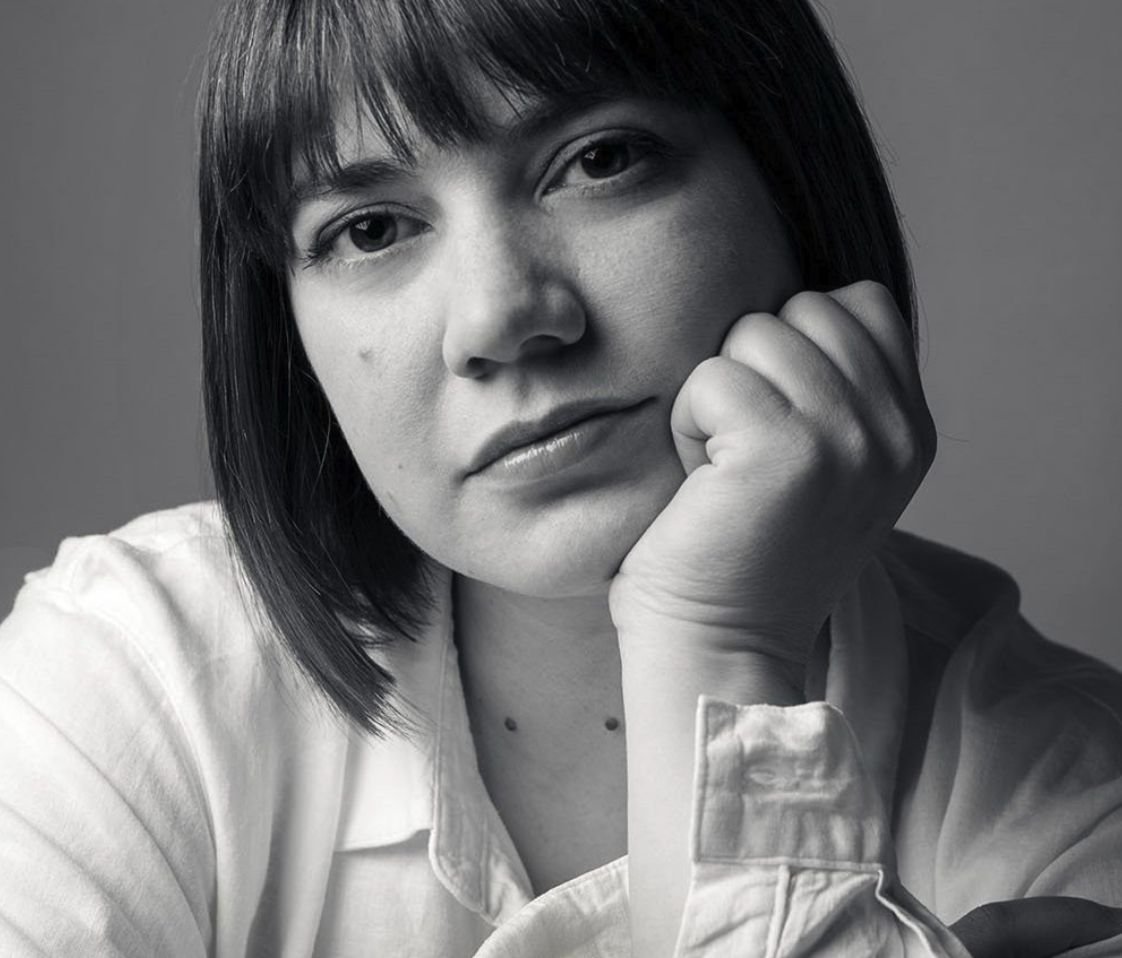
2024 is my 25th year in business and I’ve been doing a lot of reflecting about my career and how I’ve made it this long. The average lifespan of a professional photographer is two to five years. To be 25 years into this career is amazing, especially given that the first half of my career I had crippling imposter syndrome.
I was paralyzed by imposter syndrome.
At one point I even considered quitting because of the anxiety that was associated with running my business.
I don’t feel that level of anxiety anymore. It’s certainly gotten much, much better. On today’s episode, I’m going to share how I got over my own imposter syndrome to help you get over yours.
Hello and welcome to Unpopular Opinions with me, Sandra Coan. I’m an award-winning photographer and industry educator, bestselling author, and a proud Westcott top pro. I’ve been a professional photographer for over 25 years, and I have a lot of opinions about photography and the photography industry on this podcast. I’m sharing them all. So if you are someone who is ready for some real honest conversation about the art and the business of photography, this is the place for you.
I started my business like a lot of photographers do, sort of by accident. I was a kindergarten teacher and I was needing something to supplement my teaching income.
I started my photography business as a side hustle.
I am a self-taught photographer. At the very beginning of my journey, I had no idea what I was doing. I didn’t understand the basics, like exposure triangle. When I first started my business, I would shoot in auto mode and I just remember feeling so lucky every time I got a good shot.
I knew what a good photo looked like, but I didn’t necessarily know how to create one intentionally. And so everything just felt like luck when I got it. I think I’ve always had a natural eye for light. I knew what I liked and what I found pretty, and I could somehow make those images that reflected that, but it happened by chance.The fact that I just got lucky sometimes made me feel like I didn’t know what I was doing.
I didn’t trust that I had any skills to intentionally create.
I would just make it work every time I walked into a room. Sometimes it went really wrong. I had enough lucky hits that I kept going, but the fact that I was operating on luck and I was just winging it every single time caused a lot of insecurities. It was a weird dichotomy for me because I loved photography, but it also felt like torture. I was so nervous at every single session and I was this big anxious mess walking into every single photo shoot.
My imposter syndrome kept me anxious for 10 years.
It kept me playing small. I wouldn’t market myself because I was afraid of putting myself out there and I didn’t feel like I deserved it. I charged ridiculously low rate – I was charging $175 for a session. I got to the point where I was burnt out because I was working a lot. I obviously wasn’t making a profit at that price range. The anxiety got to be too much. I was going quit in 2007.
I remember one morning sitting down and writing this all out in my journal. It felt like a failure to quit because I really did love photography. I wanted it to work for me, especially because I wanted a job that gave me the flexibility that I wanted now that I was a mom. I asked myself in that moment, “like, “why do I feel this way? Why do I feel like such a fraud? What is the big problem?” The answer that came back to me was because I didn’t know what I was doing.
I felt like a fraud because I was telling people I was a professional photographer, but I didn’t know what I was doing.
I didn’t know the technical sides of my craft.
The technical side of the craft is a learned thing. Nobody is born knowing the exposure triangle. So I decided to learn. I started by learning how to shoot manual mode. Then I took it a step further and I started to learn how to create my own light with strobes and flash.
I put on blinders and I stopped looking at other photographers.
I focused on myself, what I wanted my work to look like, what my vision was. The more I leaned into that, the more I learned, the more I practiced, the more my confidence grew. I got to the point where I was no longer questioning myself because I knew that I knew what I was doing. I knew that I was no longer winging it. I knew that I had a vision for how I wanted my work to look, and I knew that I could actually execute it.
I knew what I needed to do to make my vision a reality. I knew I could walk into any situation and know exactly what to do, and it felt so good. Each and every session that I went into, I felt good about the photos I was creating, and I knew that I was going to feel good about the galleries that I was sending to my clients.
That’s when everything changed.
It took years of work. There’s a concept that I see floated around a lot in the photography circle and honestly in any kind of creative space. There’s this idea that in order to get what you want, you need to change your mindset so much that you feel like you are the person that you want to be. It’s a Be, Do, Have approach. Work on your mindset first and then you’ll feel inspired to do the thing so you can have what you want.
I personally don’t believe in that because of my own journey and my experience coaching other photographers. I think to really get over imposter syndrome, you need to start with the DO. You need to do the thing, you need to learn the skill, you need to master the craft. Once you really know it, that changes how you feel about yourself.
I really believe in the Do, Be, Have approach.
Do the thing, learn the skill, take action. That’s what worked for me and I’ve seen it work for so many of the photographers that I mentor. That’s why in Sandra Coan Certification, I spend so much time teaching the technical sides of photography like lighting, posing and processing. It is so important to have a really strong foundation in the technical so you can hold your own.
You can know that you know how to problem solve. You can walk into a room, look at the situation and figure it out. Knowing those skills is step one to getting over imposter syndrome because it builds confidence. You can’t help but feel like a different person when you’re on the other side of that.
Building that foundation of technical skills in the beginning is so important.
I am on a mission to eliminate imposter syndrome in my community.
I am doing that one photographer at a time by teaching mastery because I know it works. When you know that you know your stuff, you don’t have to worry anymore. It changes everything. The confidence I see from the photographers in Certification is outstanding.
Confidence is the bridge. Confidence is going to get you from dreaming to doing, from wanting to having.
Imposter syndrome and confidence can’t survive in the same environment.
If you want to eliminate imposter syndrome, you have to start with the doing. You have to start with taking action and become a master of your craft.
I want help you get there. If you want to have that level of expertise, that level of confidence, follow the link and get your name on the waitlist for Sandra Coan Certification. Let’s make 2024 the year that you crush your imposter syndrome.
Want more? Follow the lnk for exclusive access to my free training, From Doubt to Dollars: How To Overcome Imposter Syndrome While Building A Dream Photography Business.


